The choice of wall or floor tiles for your shower can significantly impact the overall look, feel, and functionality of your bathroom space. Whether you are looking to create a luxurious spa-like retreat or a modern, sleek shower area, selecting the right tiles is crucial. This comprehensive guide will take you through everything you need to know about choosing the perfect wall or floor tiles for your shower, from material options to design considerations and installation tips. Material Options for Shower Tiles When it comes to selecting tiles for your shower, there are various material options to choose from, each offering unique benefits and drawbacks. Here are some popular choices: 1. Ceramic Tiles: Ceramic tiles are a cost-effective and versatile option for shower walls and floors. They are available in a wide range of colors, patterns, and sizes, making them suitable for various design styles. Ceramic tiles are easy to clean and maintain, making them a practical choice for shower spaces. 2. Porcelain Tiles: Porcelain tiles are known for their durability and water resistance, making them ideal for shower areas. They come in a wide range of colors and finishes, including matte, glossy, and textured options. Porcelain tiles are low-maintenance and offer excellent longevity, making them a popular choice for both walls and floors.
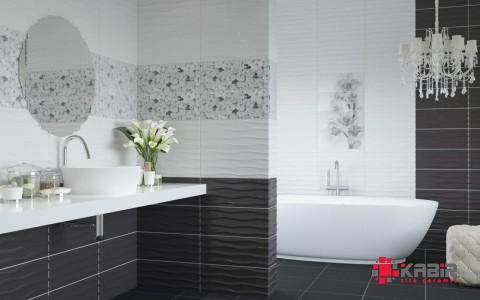
.
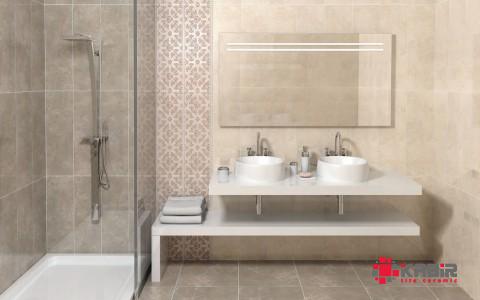 3. Natural Stone Tiles: Natural stone tiles, such as marble, travertine, and slate, add a luxurious and timeless appeal to shower spaces. These tiles are unique in their veining and color variations, creating a one-of-a-kind look. While natural stone tiles require more maintenance than ceramic or porcelain tiles, they add unparalleled elegance to shower designs. 4. Glass Tiles: Glass tiles are a modern and sleek option for shower walls. They come in a variety of colors, finishes, and sizes, adding a touch of sophistication to any shower space. Glass tiles are easy to clean and can reflect light, creating a bright and airy atmosphere in the shower. Design Considerations for Shower Tiles When choosing wall or floor tiles for your shower, it’s essential to consider the overall design of your bathroom and the desired aesthetic. Here are some design considerations to keep in mind: 1. Color and Pattern: The color and pattern of the tiles can significantly impact the look and feel of your shower space. Consider choosing light-colored tiles to make the shower area appear more spacious or opt for bold patterns to add a statement element to the design. 2. Size and Layout: The size and layout of the tiles can also affect the visual appeal of the shower. Larger tiles can create a seamless and modern look, while smaller tiles can add texture and visual interest. Consider different layout patterns, such as herringbone or subway, to enhance the design. 3. Grout Color: The color of the grout can make a difference in the overall aesthetic of the shower. Choose a grout color that complements the tiles to create a cohesive and polished look. Dark grout can add contrast and highlight the tile design, while matching grout can create a seamless appearance.
3. Natural Stone Tiles: Natural stone tiles, such as marble, travertine, and slate, add a luxurious and timeless appeal to shower spaces. These tiles are unique in their veining and color variations, creating a one-of-a-kind look. While natural stone tiles require more maintenance than ceramic or porcelain tiles, they add unparalleled elegance to shower designs. 4. Glass Tiles: Glass tiles are a modern and sleek option for shower walls. They come in a variety of colors, finishes, and sizes, adding a touch of sophistication to any shower space. Glass tiles are easy to clean and can reflect light, creating a bright and airy atmosphere in the shower. Design Considerations for Shower Tiles When choosing wall or floor tiles for your shower, it’s essential to consider the overall design of your bathroom and the desired aesthetic. Here are some design considerations to keep in mind: 1. Color and Pattern: The color and pattern of the tiles can significantly impact the look and feel of your shower space. Consider choosing light-colored tiles to make the shower area appear more spacious or opt for bold patterns to add a statement element to the design. 2. Size and Layout: The size and layout of the tiles can also affect the visual appeal of the shower. Larger tiles can create a seamless and modern look, while smaller tiles can add texture and visual interest. Consider different layout patterns, such as herringbone or subway, to enhance the design. 3. Grout Color: The color of the grout can make a difference in the overall aesthetic of the shower. Choose a grout color that complements the tiles to create a cohesive and polished look. Dark grout can add contrast and highlight the tile design, while matching grout can create a seamless appearance.
..
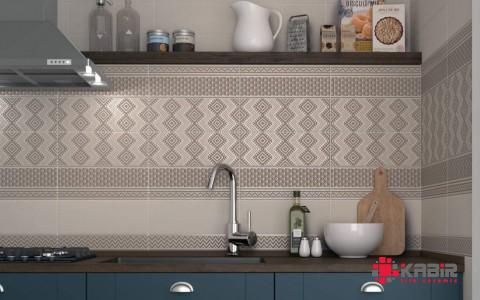 4. Accent Tiles: Consider incorporating accent tiles into the design to add a pop of color or texture to the shower space. Accent tiles can be used as borders, niches, or decorative elements to enhance the overall design and create a focal point in the shower. Installation Tips for Shower Tiles Proper installation of wall and floor tiles is essential to ensure durability, waterproofing, and a flawless finish in your shower. Here are some installation tips to consider: 1. Waterproofing: Ensure that the shower walls and floors are properly waterproofed before tile installation to prevent water damage and mold growth. Use waterproofing membranes or cement boards to create a watertight barrier in the shower area. 2. Tile Adhesive: Choose a high-quality tile adhesive suitable for wet areas to ensure the tiles adhere securely to the walls or floors. Follow the manufacturer’s instructions for mixing and applying the adhesive to achieve a strong bond. 3. Grouting: Use a waterproof grout to fill the gaps between the tiles and seal the joints. Properly mix the grout to the right consistency and apply it evenly to create a tight and durable seal. Seal the grout after it has cured to protect it from stains and moisture.
4. Accent Tiles: Consider incorporating accent tiles into the design to add a pop of color or texture to the shower space. Accent tiles can be used as borders, niches, or decorative elements to enhance the overall design and create a focal point in the shower. Installation Tips for Shower Tiles Proper installation of wall and floor tiles is essential to ensure durability, waterproofing, and a flawless finish in your shower. Here are some installation tips to consider: 1. Waterproofing: Ensure that the shower walls and floors are properly waterproofed before tile installation to prevent water damage and mold growth. Use waterproofing membranes or cement boards to create a watertight barrier in the shower area. 2. Tile Adhesive: Choose a high-quality tile adhesive suitable for wet areas to ensure the tiles adhere securely to the walls or floors. Follow the manufacturer’s instructions for mixing and applying the adhesive to achieve a strong bond. 3. Grouting: Use a waterproof grout to fill the gaps between the tiles and seal the joints. Properly mix the grout to the right consistency and apply it evenly to create a tight and durable seal. Seal the grout after it has cured to protect it from stains and moisture.
…
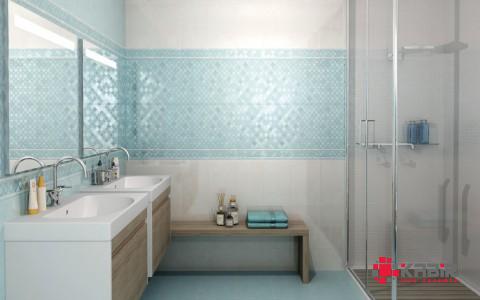 4. Tile Sealing: Depending on the tile material, consider sealing the tiles to enhance their longevity and resistance to water damage. Natural stone tiles, in particular, may require sealing to maintain their appearance and prevent staining. Maintenance and Care for Shower Tiles Once you have installed the perfect wall or floor tiles in your shower, proper maintenance and care are crucial to preserve their beauty and functionality. Here are some maintenance tips to keep your shower tiles looking their best: 1. Regular Cleaning: Clean the shower tiles regularly with a mild detergent or tile cleaner to remove soap scum, mineral deposits, and grime. Use a soft brush or sponge to scrub the tiles gently and avoid abrasive cleaners that can damage the tile surface. 2. Grout Maintenance: Keep the grout clean and free of mold and mildew by scrubbing it with a grout brush and mildew cleaner. Consider reapplying grout sealer every year to protect the grout from water penetration and staining. 3. Preventive Care: To prevent water damage and mold growth, squeegee the tiles and grout after each shower to remove excess water. Keep the shower area well-ventilated to reduce humidity and moisture buildup, which can lead to mold and mildew growth. 4. Professional Cleaning: For deep cleaning and maintenance, consider hiring a professional tile and grout cleaning service to revitalize the appearance of your shower tiles. They can use specialized equipment and techniques to remove stubborn stains and grime effectively.
4. Tile Sealing: Depending on the tile material, consider sealing the tiles to enhance their longevity and resistance to water damage. Natural stone tiles, in particular, may require sealing to maintain their appearance and prevent staining. Maintenance and Care for Shower Tiles Once you have installed the perfect wall or floor tiles in your shower, proper maintenance and care are crucial to preserve their beauty and functionality. Here are some maintenance tips to keep your shower tiles looking their best: 1. Regular Cleaning: Clean the shower tiles regularly with a mild detergent or tile cleaner to remove soap scum, mineral deposits, and grime. Use a soft brush or sponge to scrub the tiles gently and avoid abrasive cleaners that can damage the tile surface. 2. Grout Maintenance: Keep the grout clean and free of mold and mildew by scrubbing it with a grout brush and mildew cleaner. Consider reapplying grout sealer every year to protect the grout from water penetration and staining. 3. Preventive Care: To prevent water damage and mold growth, squeegee the tiles and grout after each shower to remove excess water. Keep the shower area well-ventilated to reduce humidity and moisture buildup, which can lead to mold and mildew growth. 4. Professional Cleaning: For deep cleaning and maintenance, consider hiring a professional tile and grout cleaning service to revitalize the appearance of your shower tiles. They can use specialized equipment and techniques to remove stubborn stains and grime effectively.
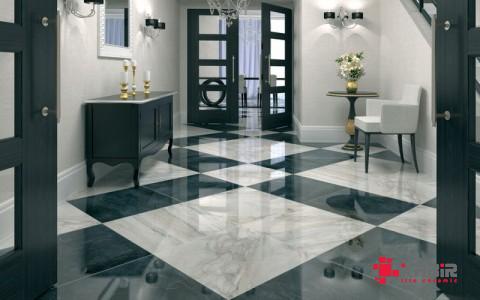
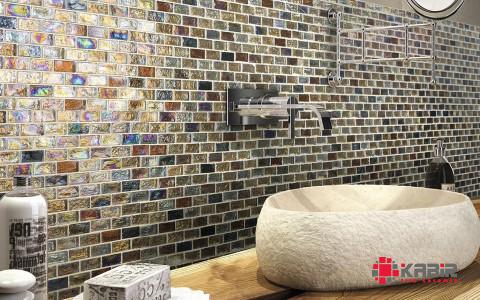
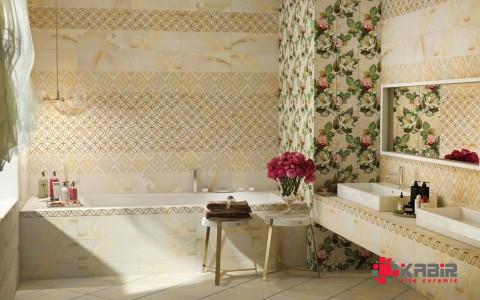
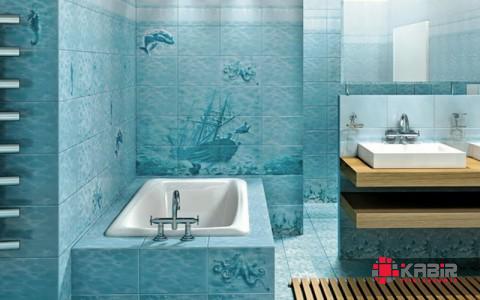
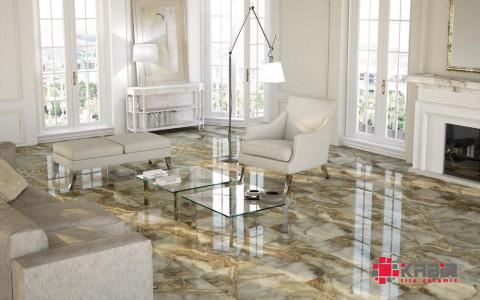
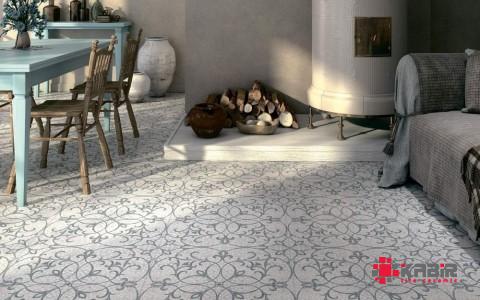



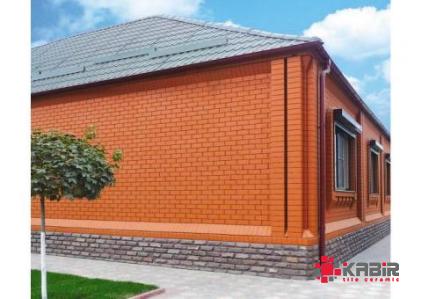
Your comment submitted.